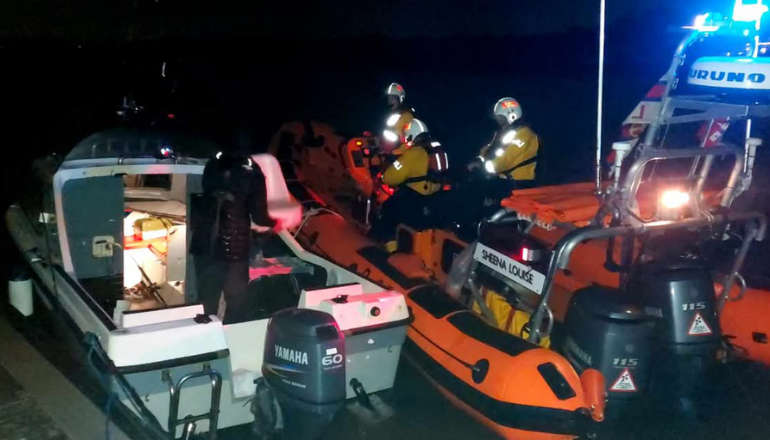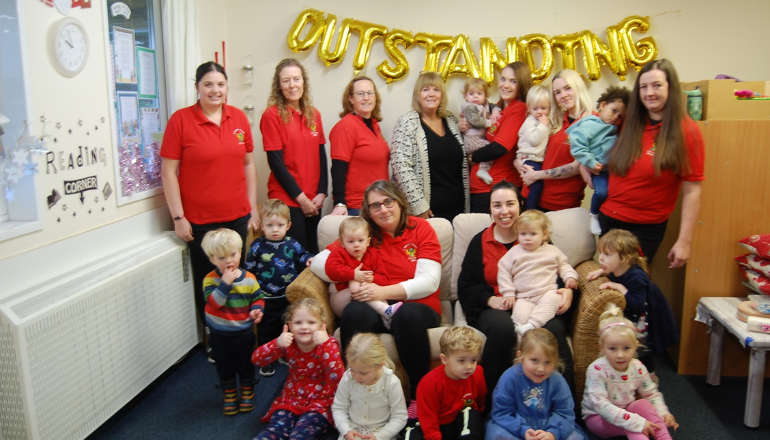Children in some parts of England are spending more than five and a half years in temporary accommodation, a Sky News investigation has found.
Data from Freedom of Information requests shows London and the South East are the regions seeing the longest stays for homeless households.
More than two-thirds of local authorities saw households with children experience stays 20% longer than households without children.
The average length of time spent in temporary accommodation ranges from two weeks to five and a half years - depending on where in the country people live.
Average lengths of stay for all households have increased by nearly a fifth (17%) since 2020.
£1bn funding boost for councils to tackle homelessness
Lewisham in London was the worst-affected local authority, with families with children having been stuck in temporary accommodation for an average of more than five and a half years in 2023-24.
In 2020-21, the average length of stay in the southeast London borough was 620 days - in the four years since it has risen to 2,044.
Lewisham and Wandsworth (in London) are the areas that currently have the longest average stays - all more than three and a half years.
That is according to the latest data from the first six months of this financial year (2024-25).
Out of 180 councils contacted with Freedom of Information requests by Sky News, 97 responded.
Nicole Hamilton, 30, and her son Logan have spent more than two years in temporary accommodation in London.
They are living there because Ms Hamilton fled domestic violence.
Despite working full-time as a project manager for an IT company, she has been unable to find anywhere to privately rent.
"I've worked since I was 17, I've dedicated my life to working, so why am I finding it so difficult?" she said.
Ms Hamilton added that Logan, who is four, has spent "most of his life" in temporary accommodation.
She continued: "He always says 'why do we only have one room?'. Which is sad because I don't know what to say... They told me I could be here for another three years, so he'll be nearly six before we leave.
"I don't want him to be suffering in one room."
Ms Hamilton also describes temporary accommodation as "not safe for any child under the age of seven".
She added: "When the government are giving nothing to the council, and the council have nowhere to put us, they're literally putting us where they have, be it safe or not."
Ms Hamilton was at one stage having to complete a four-hour round trip each day for childcare and has had to rely on food banks at times.
She said: "I feel [it's] unjustifiable to go to the food bank because I work and I earn money. But I had no money in my pocket, I had no food in my cupboards."
'Children will grow up with different life chances'
Claire Cruise, a lawyer from Southwark Law Centre specialising in education, describes a "two-tier system" developing between those children who live in temporary accommodation, and those who do not.
She said: "You have the long-term impact on children's mental health, you have the social isolation... children in hotel rooms don't have desks to be able to do their work, they fall behind their peers so quickly.
"My fear is that it leads to a two-tier society and we are talking a significant number who will grow up with completely different life chances."
A shortage of housing nationally is contributing towards the homelessness crisis.
The government has pledged to build 1.5 million new homes in the next five years.
Shadow secretary of state for levelling up, housing and communities, Kevin Hollinrake, describes the plan as "confused" and "chaotic".
He told Sky News: "Look at the maps, look at where those houses are, many of the boroughs of London have seen a decrease in their targets for housing delivery, a decrease.
"Yet we know the demand in London for rough sleeping, for temporary accommodation, is at its highest.
"So it makes no sense… it's chaotic right now. It's all over the place.
"Now say if they can deliver on this stuff, great… more affordable homes, more social homes, then we'll welcome that… but at the moment it's very difficult to see how that's going to happen."
Read more on Sky News:
Starmer has big housing ambitions - but will it work?
Councils to get £68m to build on brownfield sites
'Consequences of years of failure'
In response, the minister for homelessness Rushanara Ali said the government has "inherited the consequences of years of failure to grip the housing crisis".
She described "far too many families and children" who are "facing the uncertainty and trauma of homelessness".
"This has to stop, which is why we are taking decisive action and working at pace across government to end homelessness," she said.
"We have already announced extra funding to bring support for homelessness services to £1bn next year.
"On top of this, we will deliver the biggest boost in social and affordable housebuilding in a generation and tackle one of the biggest drivers of homelessness by ending no fault evictions."

(c) Sky News 2024: Children living in temporary accommodation for more than five years, investigation reveals


 Russia detains Uzbek citizen 'recruited by Ukraine' over killing of general - investigative committee
Russia detains Uzbek citizen 'recruited by Ukraine' over killing of general - investigative committee
 Inflation rises for second month in a row
Inflation rises for second month in a row
 Labour MPs round on Starmer for denying Waspi women compensation
Labour MPs round on Starmer for denying Waspi women compensation
 Sean 'Diddy' Combs allegations are 'tip of the iceberg', says lawyer for alleged victim Dawn Richard
Sean 'Diddy' Combs allegations are 'tip of the iceberg', says lawyer for alleged victim Dawn Richard
 Rent prices reach record high in England
Rent prices reach record high in England



 Help Available For Islanders To Cut Energy Bills
Help Available For Islanders To Cut Energy Bills
 Cowes Lifeboat Performs Mid-Solent Rescue Of Fishing Boat
Cowes Lifeboat Performs Mid-Solent Rescue Of Fishing Boat
 Christmas Shopping With A Difference In Ryde – Half A Mile Out To Sea!
Christmas Shopping With A Difference In Ryde – Half A Mile Out To Sea!
 Home-From-Home' Nursery Given 'Outstanding' Ofsted Grade
Home-From-Home' Nursery Given 'Outstanding' Ofsted Grade